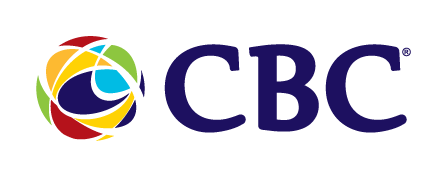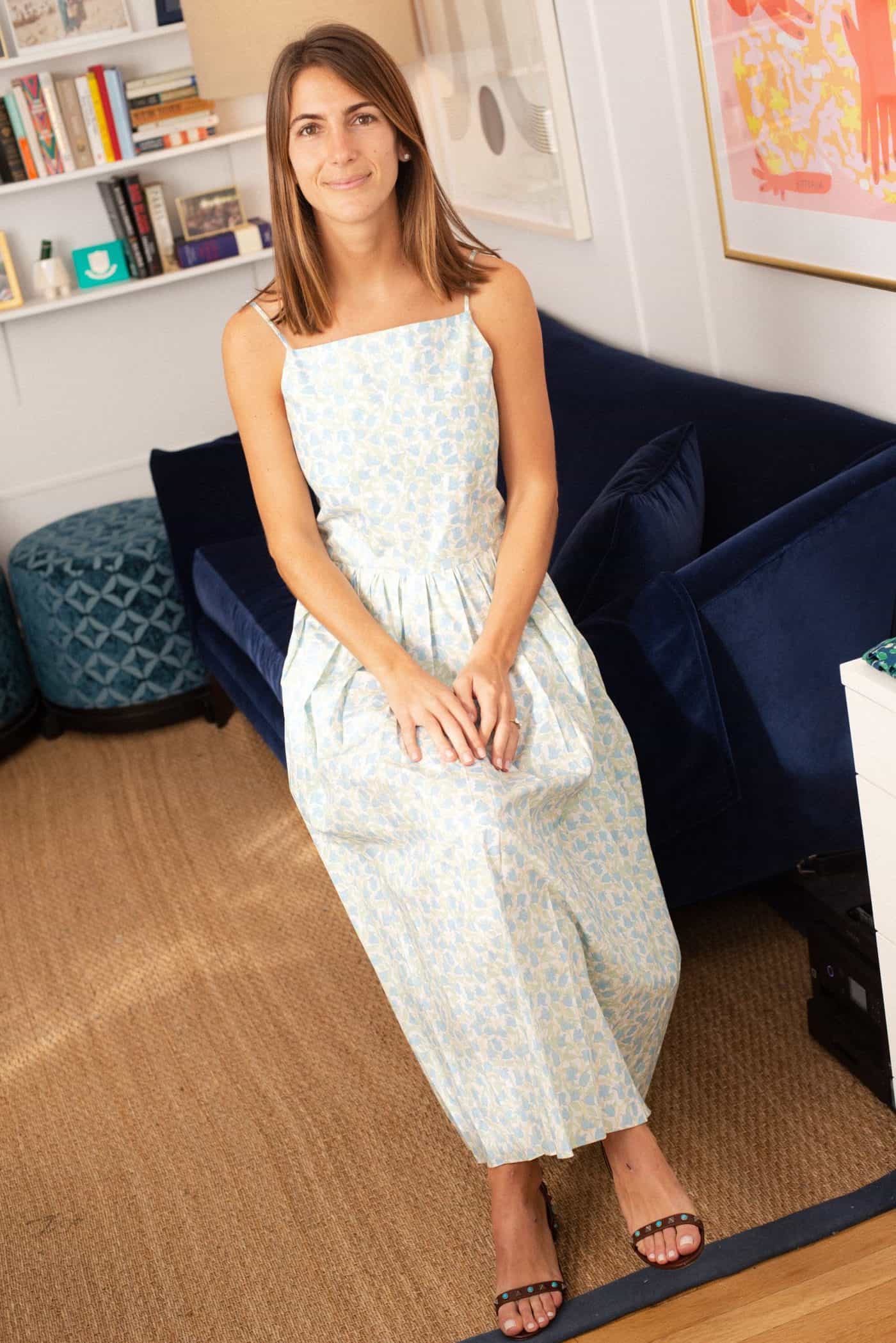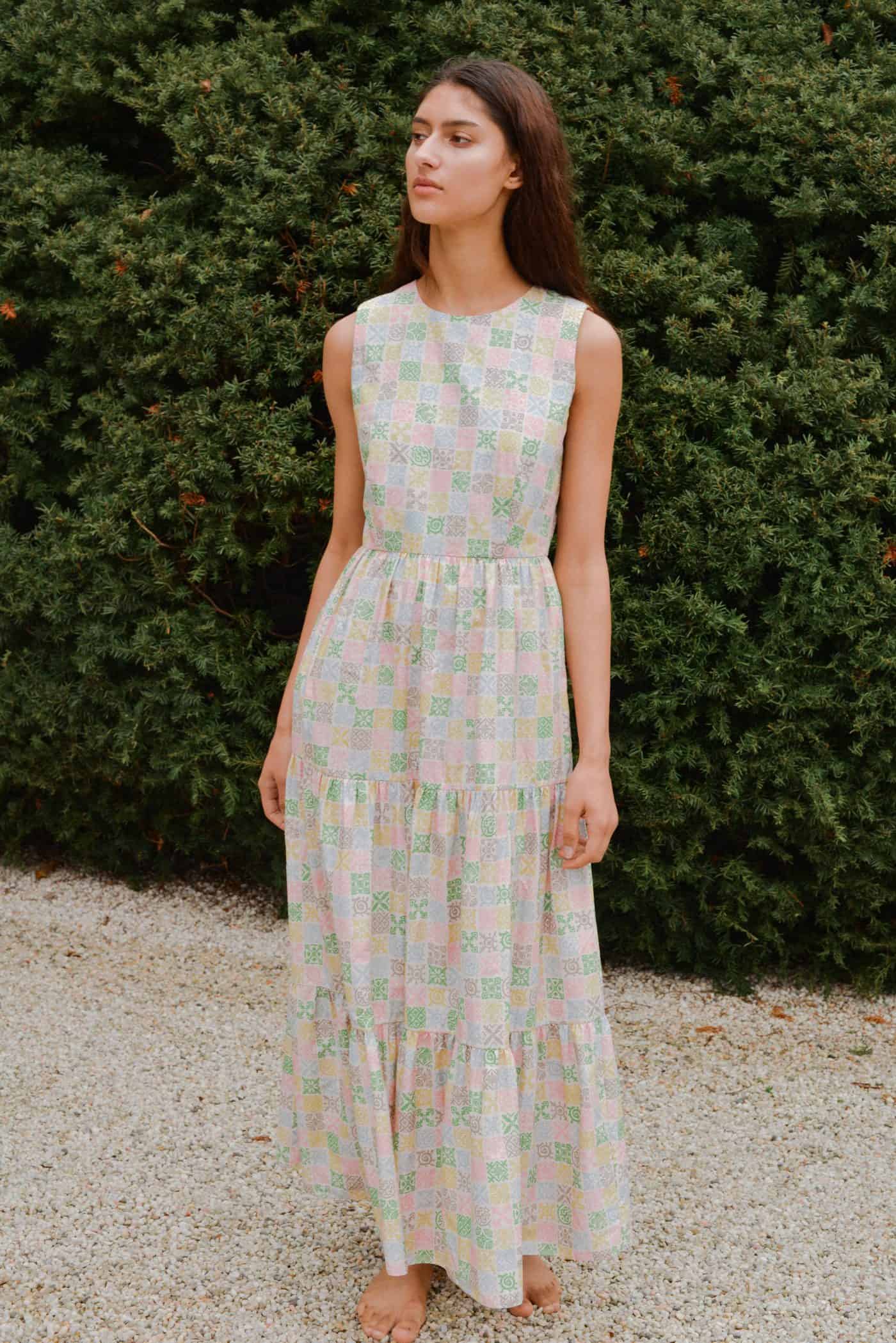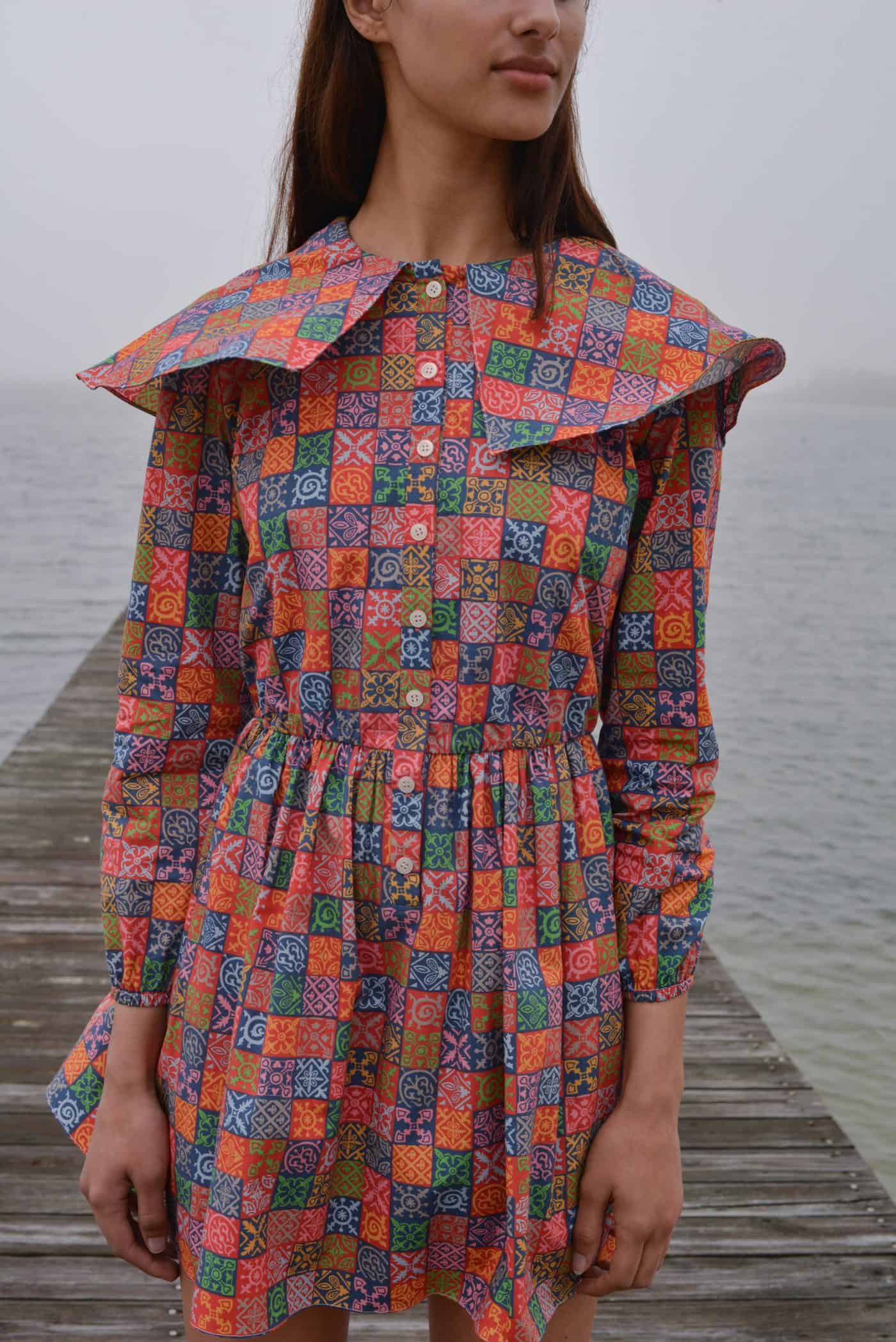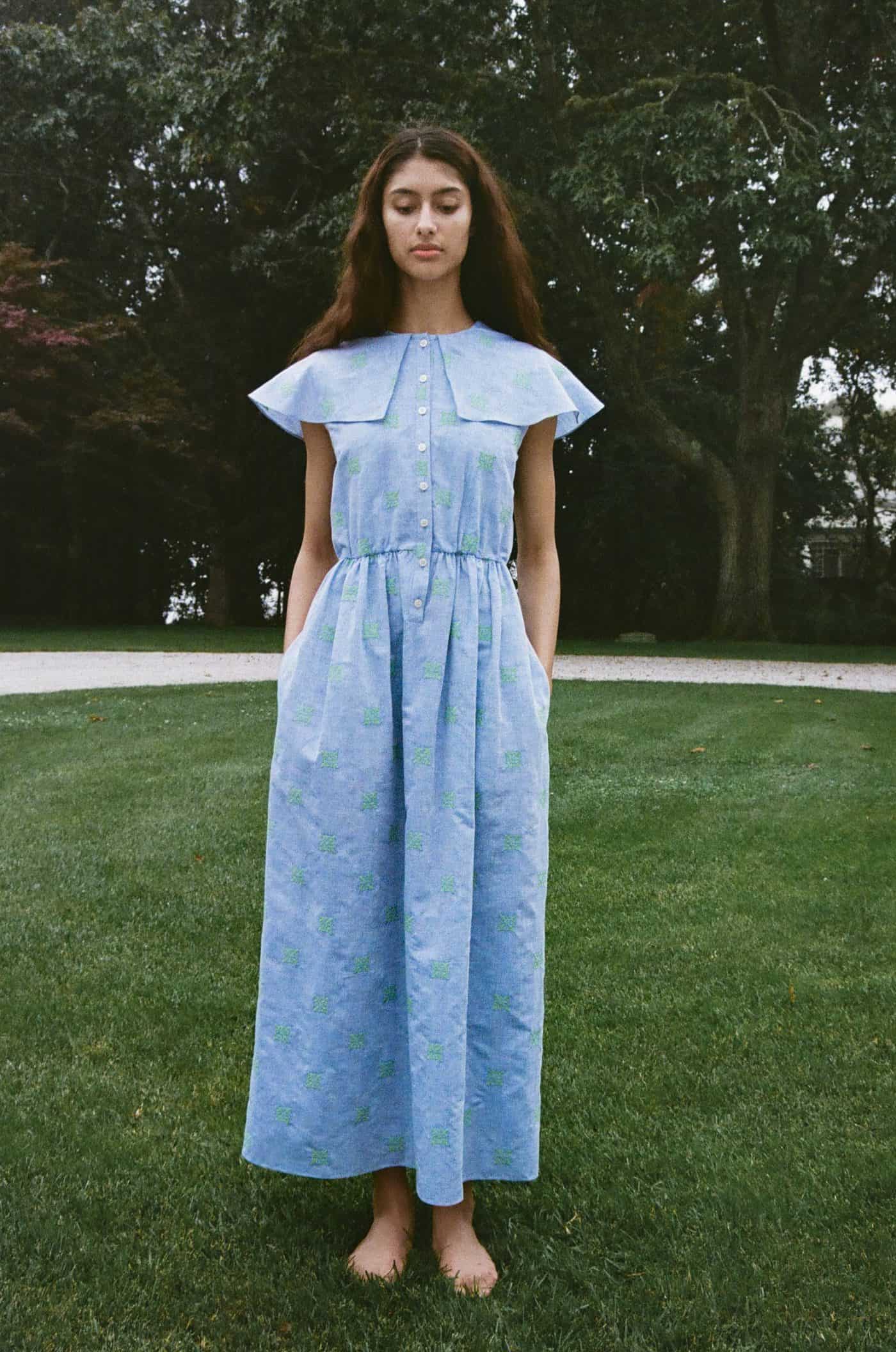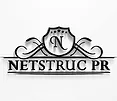Cast your mind back to the family vacations you took as a kid; is there a standout boutique or store that’s synonymous with that time of your life? For Taylor Simmons, who grew up between New York and Massachusetts, she had nothing but fond memories of the Antiguan brand Coco Shop, which she discovered while spending summers on the Caribbean island with her parents. After pursuing a career in fashion in Manhattan, Simmons heard that the beloved business, which was founded in 1949, was shuttering. She was immediately drawn to intervene and reimagine the brand for a modern-day customer with the help of the founding family. Now, Coco Shop is reborn under her vision—and the easy, breezy and beautiful pieces are available to shop online for the first time! Simmons tells The Daily what a new generation of fans can expect.
What’s your earliest memory of spending winters in Antigua?
My parents brought me for the first time when I was just six-months-old, but my memories probably begin around age four. The earliest ones are of my paternal grandmother and her routines there—having lunch and croquet with her close to the beach, the belted tunics she wore with matching hats, her front row seat to sing Christmas carols with the Antigua & Barbuda National Choir every year. She loved the island and my family is there now because of her.
At that young age, did you ever think you’d pursue fashion?
I didn’t—I don’t think I knew fashion was a professional route I could or would take until college. I had a very chic mother and two very chic grandmothers but I still dressed very masculine into my teens; backwards hats, t-shirts, and soccer shorts. I didn’t have an interest in fashion until high school, when I started to wear my mother’s old dresses. Then, in college, I fell in love with it and, now, I can’t image doing anything else.
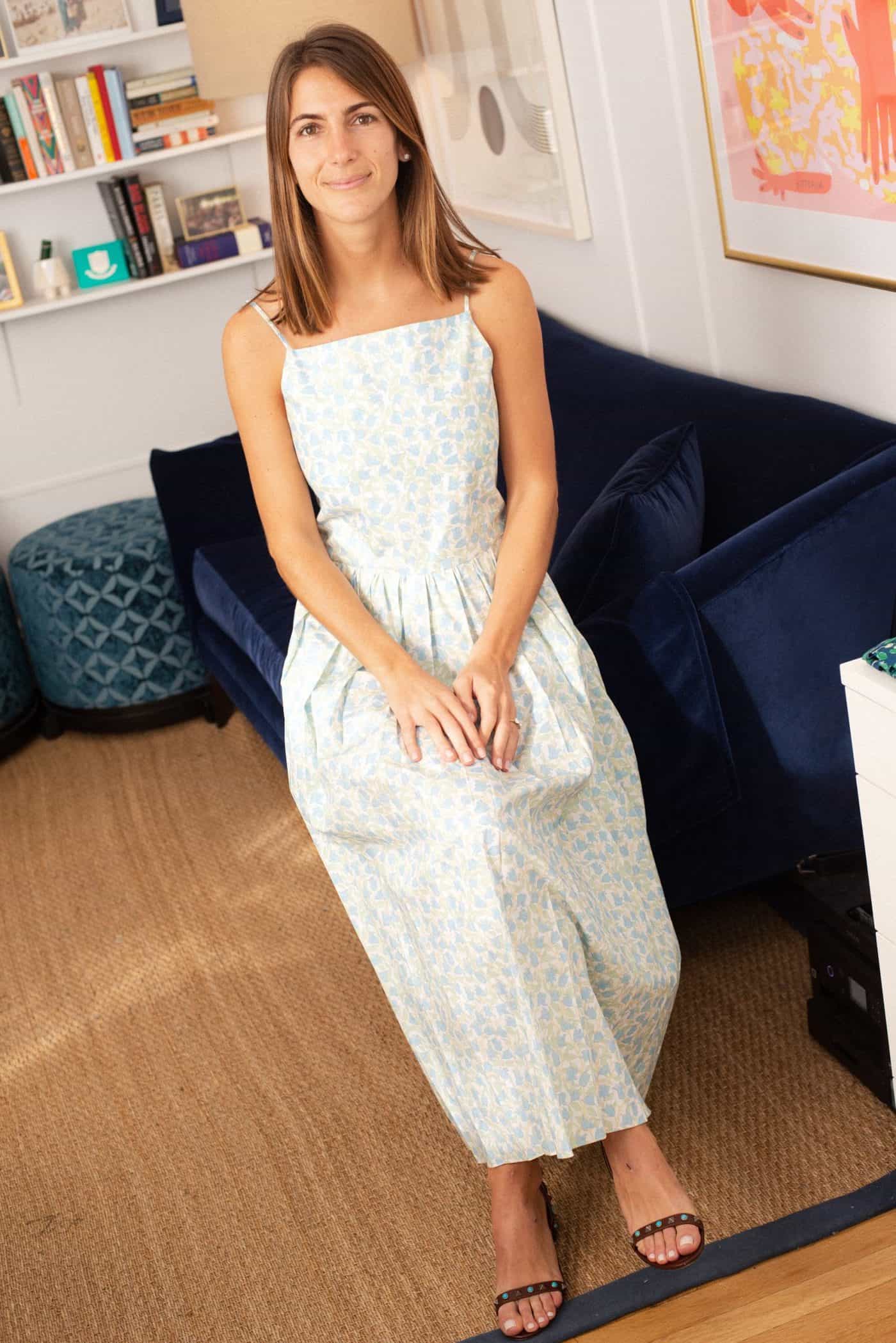
Taylor Simmons (courtesy)
You were originally a buyer for Bloomingdale’s—how did this shape your understanding of how to one day run your own label?
My years at Bloomingdale’s were an incredible lesson in how the fashion industry functions: its calendar, retailer expectations, buyer/vendor relationships, key performance metrics, money allocation, and all of that. I learned the retail language there and that baseline understanding of the industry has given me tremendous confidence and insight now that I’m working from the opposite side. While each Bloomingdale’s department is run as its own business, however, running my own business has been really different. I don’t have a team or a specific function, and there isn’t a large organization of resources to pull from. My own label feels much riskier and crazier!
You heard Coco Shop was closing the week you were graduating from your MBA, do you think this was fate?
It felt like fate! My father told me the news. I hadn’t planned to do something entrepreneurial, but suddenly, I felt like the right person in the right place for the right job. There was a sudden pressure; if I didn’t relaunch Coco Shop, no one was going to.
Did you immediately know you wanted to become involved, or was it more of a slow realization?
I am the opposite of impulsive. I immediately knew I wanted to learn more, but the leap to an entrepreneurial mindset is a huge leap if you never planned to make it. Could I get permission to relaunch Coco Shop? Could I afford to forego a salary? Did I know enough about how to run a business? Did I need a partner? How does one make clothes? There were a million questions I needed at least partial answers to before officially going for it. It took me maybe eight months to answer my questions. Then I had to decide whether I was going to do it or not and then I was full steam ahead.
What about Coco Shop’s history appeals to you?
I love that Coco Shop has always been mission-driven. Coco Shop’s founders always wanted to support Caribbean artists and they executed that vision every day for 60 years by focusing on Caribbean seamstresses. I love that Coco Shop never took itself too seriously. The founders truly loved what they did and had so much fun with it and I think that love and fun was reflected in its clothing. I love that Coco Shop has always been one of a kind and I love that Coco Shop’s history is intertwined with my family’s history.
What’s different now, under your vision?
Coco Shop’s online presence is the biggest difference. The original company sold only through island brick and mortar, which made it a hidden treasure, but less practical for the relaunch. I hope Coco Shop is now a digitally-native hidden treasure! Also, a majority of what we currently make is sewn in New York’s Garment District with a small, family-owned, sewing team there. We are simultaneously working on bringing sewing back to Antigua and are sewing in one town and embroidering in another, but it is its own project. As we grow and as I learn more, I hope our island sewing expands. The ethos of the company, however, has remained the same. I’m determined to maintain the original company’s mission of supporting Caribbean artists and I want the clothes to feel as easy, effortless, fun, and full of love as the originals.
You split your time between NYC and Antigua: what does that look like?
I live with my husband in New York and my parents live in Antigua for four months of every year, so I feel at home in both places. My husband also loves to come to Antigua with me when he can, and my parents spend the rest of the year in the Northeast, so it’s a balance. I can never be in one place for too long or I neglect the work to be done in the other. Fortunately, summer is the best time to be in the Northeast and winter is the best time to be in Antigua, so there is something somewhat natural about it.
You launched the Resort collection this week, congrats! What can you tell us about it?
Thank you! Resort was built around an old, Coco Shop dress of my mother’s. It was a simple, scoop-neck cover-up in a colorful, geometric print. Resort launched in tandem with our Antiguan Collective. The original Coco Shop started as a crafts table in Antigua’s capital and this Collective is meant to mirror that table. It offers Antiguan artists a new place to sell their work (and a new audience to sell to), which seemed particularly important this year as the pandemic has hugely hurt tourism. The Collective includes five female Antiguan artists who work in different mediums—a print-maker, a painter, a soap and candle maker, a cyanotype-maker, and a woman who uses gold leaf on wooden, roofing shingles to create really gorgeous pieces of art. I’ll always be working to include more.
- (courtesy)
- (courtesy)
- (courtesy)
- (courtesy)
What’s your overall hope and dream for the future of Coco Shop?
I hope Coco Shop is always different—I hope we always sell things that can’t be found anywhere else. I hope it introduces people to the beauty of Antigua and the Caribbean and that it represents fashion from a part of the world that isn’t known for it. I hope it always makes beautiful clothing and supports Antiguan artists at the same time and I hope to have an island outpost like the original store one day.
Subscribe to our newsletter and follow us on Facebook and Instagram to stay up to date on all the latest fashion news and juicy industry gossip.
